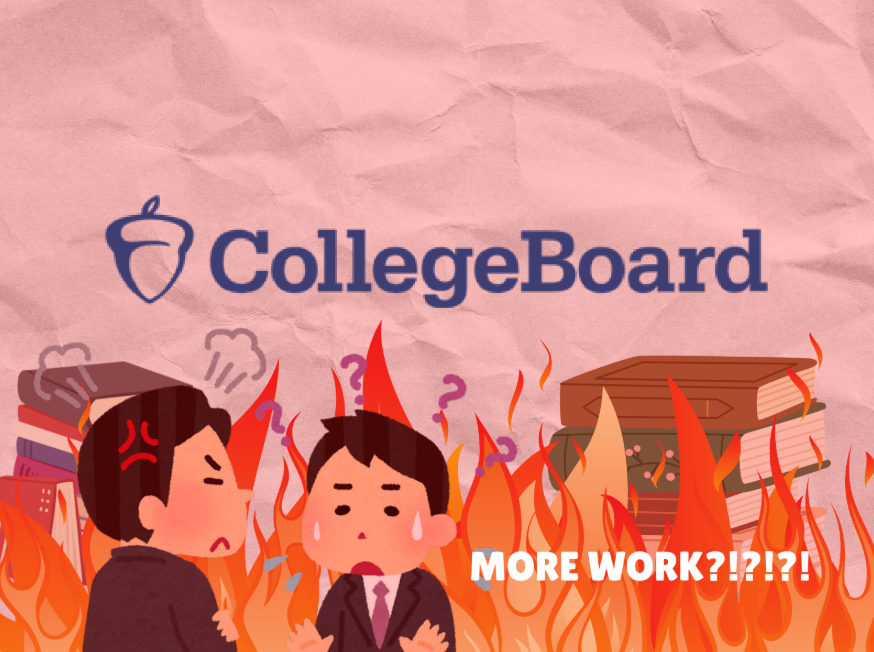At some point in your school life, you have probably been encouraged by someone to work harder, followed by some variation of “saying” that hard work trumps talent. To borrow the words from Thomas Edison, “Genius is 1% inspiration and 99% perspiration.” As students, we often have to learn and work through complex concepts or struggle through extracurriculars in our personal lives and wonder why we cannot be as good as those around us. Having that sense of motivation through outdoing the naturally gifted entices us to work harder and fight for improvement. Especially when the masses, like myself, do not have an innate talent, accepting an idea contrary to this would be depressing. This leads to the question, does hard work trump natural talent, or is that just a proverb made to give ordinary people hope?
In the work field, there is often a disparity between those with exceptional talent for a career and those without. Tomas Chamorro-Premuzic states, “a few people will make a disproportionate contribution to the collective output.” In the workplace, the “Pareto Effect” often ensues where a talented few constitute the majority of business decisions, complex innovation, and efficient productivity. From a company or firm’s perspective, hiring more competent and skilled individuals will have a better payoff than those who struggle with specific tasks.
Looking at the broader scope of the argument, talented and gifted people will often stand out in all public settings. In an academic environment, you may see people who can understand and process information much quicker than you and your peers. The same principle can be applied to hobbies and extracurriculars, where some can rapidly grasp and become talented with limited practice. As a musician, it is often infuriating to see child prodigies and newbies play at a similar or way above my skill level. However, as the vast majority of us are born “average,” we should not let ourselves be subject to the domination of society by gifted individuals.
Your mindset can significantly dictate your ability to work hard and exceed your original expectations. An open or “growth mindset” makes you more likely to work hard and push yourself to become better or more knowledgeable. In contrast, accepting your self-perceived limit in a “fixed mindset” will do the opposite and leave you forever behind the naturally gifted and those who put themselves on a “growth mindset.” Following the pathway of a “growth mindset” will gradually allow your brain to develop into a new one. It can be specifically vital at the age of adolescence while we still can grow our intuitive intelligence and skills while learning the importance of hard work for doing so. As a result, even if you fall into the spectrum of “ordinary” with no exceptional talent or abilities, there is still hope for your success in the long run as long as you stay motivated and work hard!










